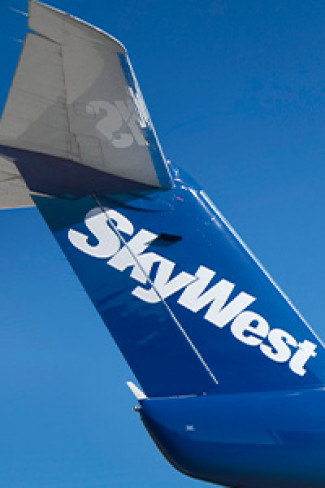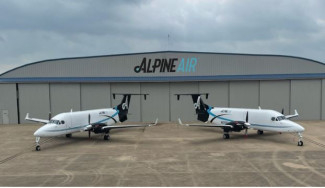Top 3 Reasons to Fly Freight as an Airline Pilot
Cargo pilots have always been in high-demand, but with the growth of e-commerce and a globalized economy, this is a profession that has truly taken off.
FedEx and UPS continue to be the major carriers in America, but there are plenty of other smaller airlines that provide an opportunity for pilots that want to fly freight.
But how do you know if you should fly cargo or passenger? We’ll give you the best 3 reasons to fly freight as an airline pilot.
Your Personality
The defining characteristic of a cargo pilot is that they don’t have to worry about passengers or even flight attendants. The FAA is even considering that cargo planes should be allowed to have only a single pilot, so there may be a day when the profession is completely alone in the skies.
If you like to fly, but your personality is more introverted, then consider carrying freight. Also, because cargo pilots fly at night, their interactions with Air Traffic Control are a bit less hectic than peak passenger hours.
Flying freight is for people who want to worry more about the weather than people.
You might also enjoy freight if you prefer to keep it casual. Most freight-hauling companies allow jeans and T-shirts in the cockpit during flight in cockpit.
The Salary of a Cargo Pilot
When jobs are in high-demand, companies are more willing to open their pocketbooks for a great worker. Cargo pilots are no different.
Flying freight for UPS or FedEx can earn up to $130,000 or more a year. Smaller carriers pay less, but you may like working for them more.
Fortunately, most pilots are unionized, so they generally get health insurance, retirement matching funds, and family leave. These benefits do vary by contract, but they’re common among cargo pilots.
If You Like Always Learning
Because of the wide variety of freight that needs to be transported, cargo pilots are always learning new things.
One month, a pilot could be learning about flying live cargo animals and, the next month, they could be tasked with ensuring the safe passage of hazardous materials in cargo.
While the job of the cargo pilot is pretty straightforward once in the air, flying cargo means that you always get the chance to learn.
So what do you think? What is your personality for flying?
For existing pilots, what should people know about flying freight?
Let us know in the forums.
-

Airshare 07/22/2024
-
Alpine Air 07/18/2024
-

Atlas Air 07/17/2024
-

Piedmont Airlines 07/10/2024
-

SkyWest 07/09/2024
 AIRLINE PILOT CENTRAL
AIRLINE PILOT CENTRAL